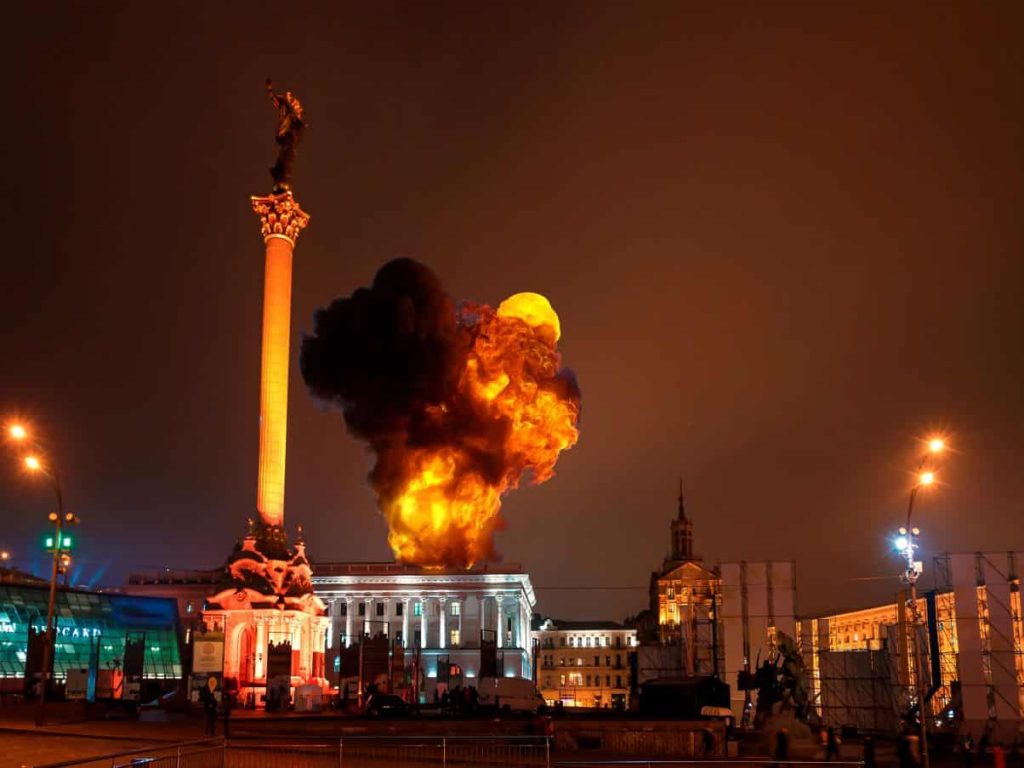
Despite weeks of escalating tensions, the invasion of Ukraine by Russian forces in the early hours of 24th February shocked the world. Just days earlier, Russian President Vladimir Putin announced he was recognising the rebel-controlled areas of Donetsk and Luhansk as independent states. Up to that point, a full-scale invasion had seemed almost inconceivable, but suddenly Europe was faced with its largest conflict since the Second World War.
In this Global Insight podcast, we look at the background to the Ukraine crisis, Russia’s hybrid warfare campaign and the role of sanctions in fighting aggression and autocracy.
Examining these issues are:
- Olga Lautman, an expert in Russia, Ukraine and Eastern Europe and a Senior Fellow at the Center for European Policy Analysis.
- Bill Browder is CEO of Hermitage Capital Management and a long-time supporter of stronger sanctions against Russia.
- Daria Kaleniuk, executive director and co-founded of the Anti-Corruption Action Centre in Kyiv (AntAC).
Released on 03-03-22. Listen here

